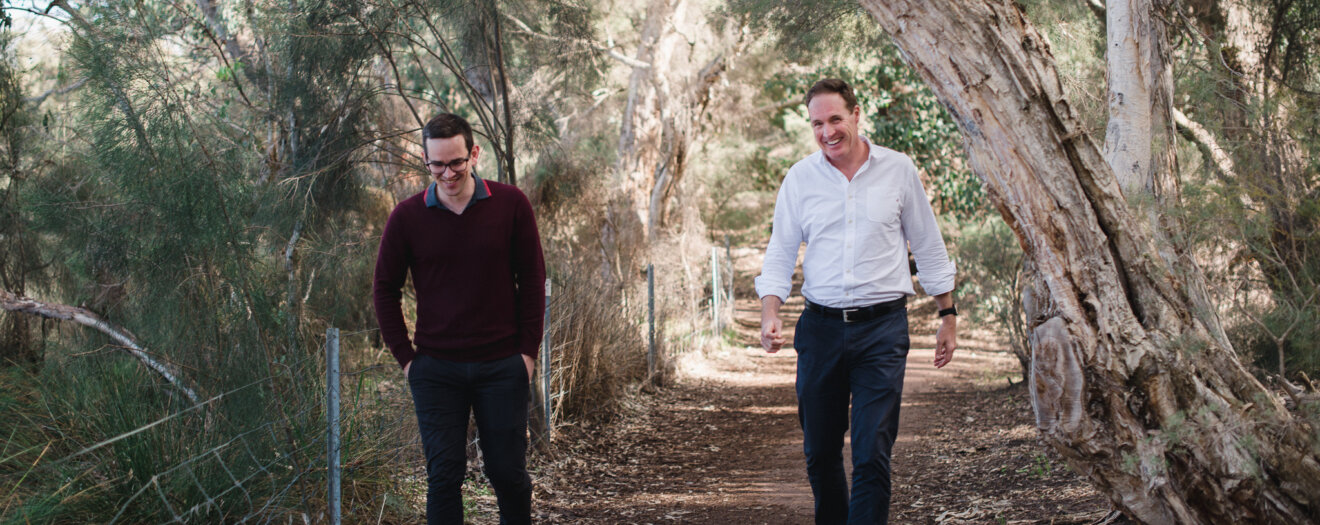
I’ve listened to some thought provoking podcasts lately on matters around the environment.
The first one was the New York Times podcast, The Daily. The subject of that report was the potential for the Colorado River to “DeadPool” [listen to the episode here] It’s not an expression that is very widely known but worth a Google search.
The second was the Sustainable Futures Report which talked about sustainable leadership in businesses [listen to the episode here]. A key part of this discussion was the delicate balance leaders run between sounding alarmist and turning everyone off, to being alarmist enough to cause action.
There is not an argument anymore that action is required. For the past year or two, as a medium-sized business owner and leader, I have devoted a lot of my time learning a completely new language. That of action on climate change. It’s been a mixture of formal education and, as you might have picked up, changing the favourites in the podcast queue.
However, along the way it’s been difficult to face up to some of the information out there. It’s pretty scary stuff. Again, another environmental dichotomy – wanting to learn more about the challenges ahead and wanting to look the other way because the reality is frightening.
For BrewHub, we have been trying to find the balance; making carbon reduction a part of the way we do business rather than just adding to the fatigue of our people.
One of the most helpful concepts we have found is working on the way we talk about it.
It’s very simple concept that I gleaned from an interview with an executive at Interface, a carbon neutral supplier of carpets who are decades into their environmental initiatives.
Every project in your company that reduces waste, cost or time is in fact an environmental initiative.
This has helped make the whole thing a bit more relatable and simple. It helps explain why environmental projects in isolation are not something to add to your to do list.
For example; running a project to make a coffee machine operate more reliably is an environmentally beneficial project. Sure, it’s great for conventional management as it will improve the customer experience, improve cash flow, and reduce costs. What’s great is it will also reduce Scope 3 emissions because we are importing fewer parts to support that machine. It will also reduce Scope 1 emissions as technicians are driving less to that machine to fix it.
We are in the very early stages of making carbon reduction an integral part of the way we think about our business. From the research I have done it takes a company wide effort. Often the engagement of the management team is not enough. The saying ‘if you want to run fast, do it alone, if you want to go far, run together’ really rings true in gaining momentum in carbon reduction in business.